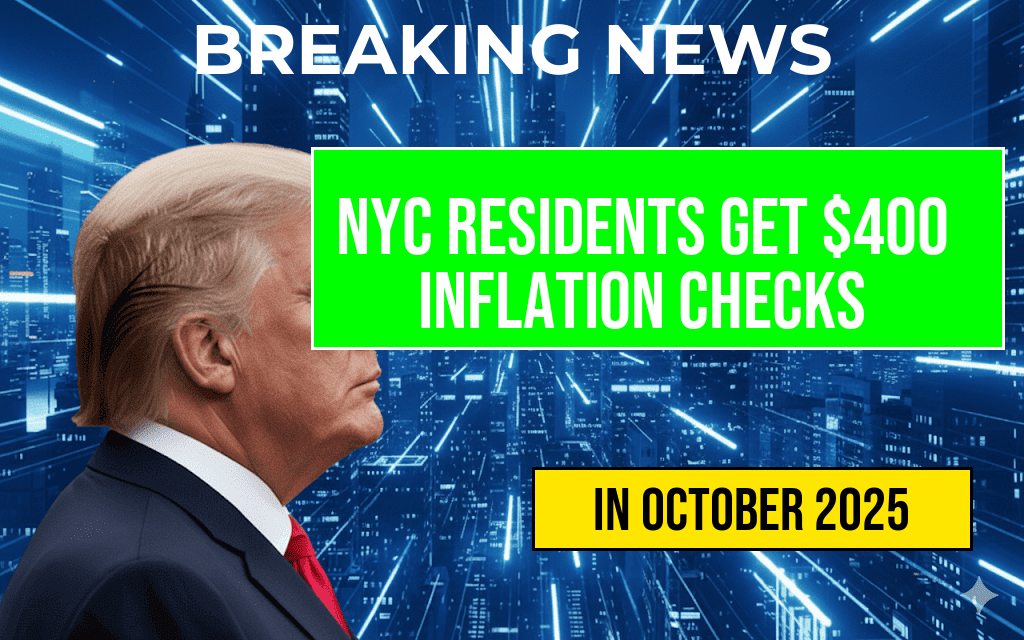Washington D.C. has solidified its position as the U.S. city with the highest minimum wage, setting a rate of $17.95 per hour for most employees. This figure surpasses the federal minimum wage of $7.25 and places the nation’s capital at the forefront of progressive labor policies. The city’s commitment to fair wages reflects ongoing efforts to address income inequality and support a living wage for workers across various sectors. As policymakers continue to adjust minimum wage standards, Washington D.C.’s approach serves as a benchmark for other jurisdictions contemplating similar increases. The recent adjustments are part of a broader initiative aimed at improving economic stability among low-wage earners, particularly in a city with a high cost of living. This move underscores the importance placed on equitable compensation in a dynamic urban environment that hosts numerous government agencies, nonprofits, and service industries.
Background on Washington D.C.’s Minimum Wage Policies
Washington D.C. has a history of progressive minimum wage policies, with the city regularly updating its standards to reflect economic changes and cost-of-living adjustments. The current rate of $17.95 per hour was implemented following legislation passed in 2020, which gradually increased the minimum wage from previous levels. The city’s minimum wage escalates annually based on inflation metrics, ensuring that wage growth keeps pace with economic conditions.
Unlike many states that set their minimum wages at the state level, D.C. operates with a locally determined wage policy, often exceeding federal mandates. This autonomy allows for tailored adjustments suited to the city’s unique economic landscape, which includes a significant number of federal employees, contractors, and service workers.
Factors Contributing to D.C.’s Leading Minimum Wage
Cost of Living and Economic Factors
- High Housing Costs: Washington D.C. consistently ranks among the most expensive U.S. cities for housing, prompting policymakers to favor higher minimum wages to offset living expenses.
- Large Federal Presence: The city’s federal government employment and contracts influence wage standards, often leading to higher baseline wages across sectors.
- Active Labor Movements: Local advocacy groups and unions have played a pivotal role in campaigning for wage increases, emphasizing the importance of fair compensation for essential workers.
Legislative Framework and Future Adjustments
| Year | Minimum Wage |
|---|---|
| 2020 | $15.00 |
| 2021 | $15.50 |
| 2022 | $16.10 |
| 2023 | $17.95 |
The minimum wage is scheduled for further increases in the coming years, with projections indicating a potential rise to over $18.50 by 2025, contingent on economic conditions and legislative updates. The city’s wage policy emphasizes regular reviews and adjustments to sustain wage growth aligned with inflation and economic health.
Implications for Workers and Businesses
Worker Benefits and Economic Impact
By maintaining the highest minimum wage in the nation, Washington D.C. aims to improve the quality of life for low-wage workers. Higher wages directly impact employee morale, reduce turnover, and contribute to greater consumer spending within the city. Studies from sources like the Economic Policy Institute suggest that wage increases in high-cost areas can significantly alleviate poverty levels among service industry employees, retail workers, and other hourly earners.
Challenges for Employers
While wage increases benefit employees, they also pose challenges for small businesses and nonprofits operating with tight budgets. Some business owners express concerns about increased labor costs, which could lead to higher prices for consumers or shifts in employment strategies. Nonetheless, many view the wage hike as a necessary step toward fostering a more equitable local economy.
Comparison with Other U.S. Cities
Washington D.C.’s $17.95 per hour wage rate exceeds that of other major cities. For context, New York City’s minimum wage is currently set at $15.00, while San Francisco’s stands at $16.32. Several cities in California and Massachusetts also maintain higher minimum wages, but D.C.’s rate remains the highest among U.S. municipalities. This position underscores the city’s dedication to prioritizing worker well-being amid a complex economic environment.
Looking Ahead
As discussions about living wages continue across the nation, Washington D.C.’s example highlights the potential benefits and challenges of setting aggressive minimum wage standards. With ongoing debates about economic growth, affordability, and income disparity, the city’s wage policies are likely to remain a focal point in national conversations about fair labor practices.
For more insights into wage policies and economic trends, resources such as the Wikipedia page on minimum wage in the U.S. provide comprehensive background, while reports from Forbes offer analysis on economic impacts.
Frequently Asked Questions
What is the current minimum wage in Washington D.C.?
The minimum wage in Washington D.C. is currently set at $17.95 per hour, making it the highest among U.S. states and territories.
How does Washington D.C.’s minimum wage compare to other states?
Washington D.C.’s minimum wage of $17.95 per hour leads the nation, surpassing other states and territories, reflecting the city’s commitment to fair wages.
Are there plans to increase the minimum wage in Washington D.C.?
While the article highlights the current highest minimum wage, future wage increases depend on local legislation and economic conditions, with ongoing discussions about supporting workers.
Who is affected by the minimum wage in Washington D.C.?
The minimum wage directly impacts low-wage workers across various sectors in Washington D.C., ensuring they receive a fair and livable income.
How does Washington D.C. ensure compliance with minimum wage laws?
Washington D.C. enforces minimum wage laws through regular inspections and penalties for non-compliance, aiming to protect workers’ rights and promote fair employment practices.






